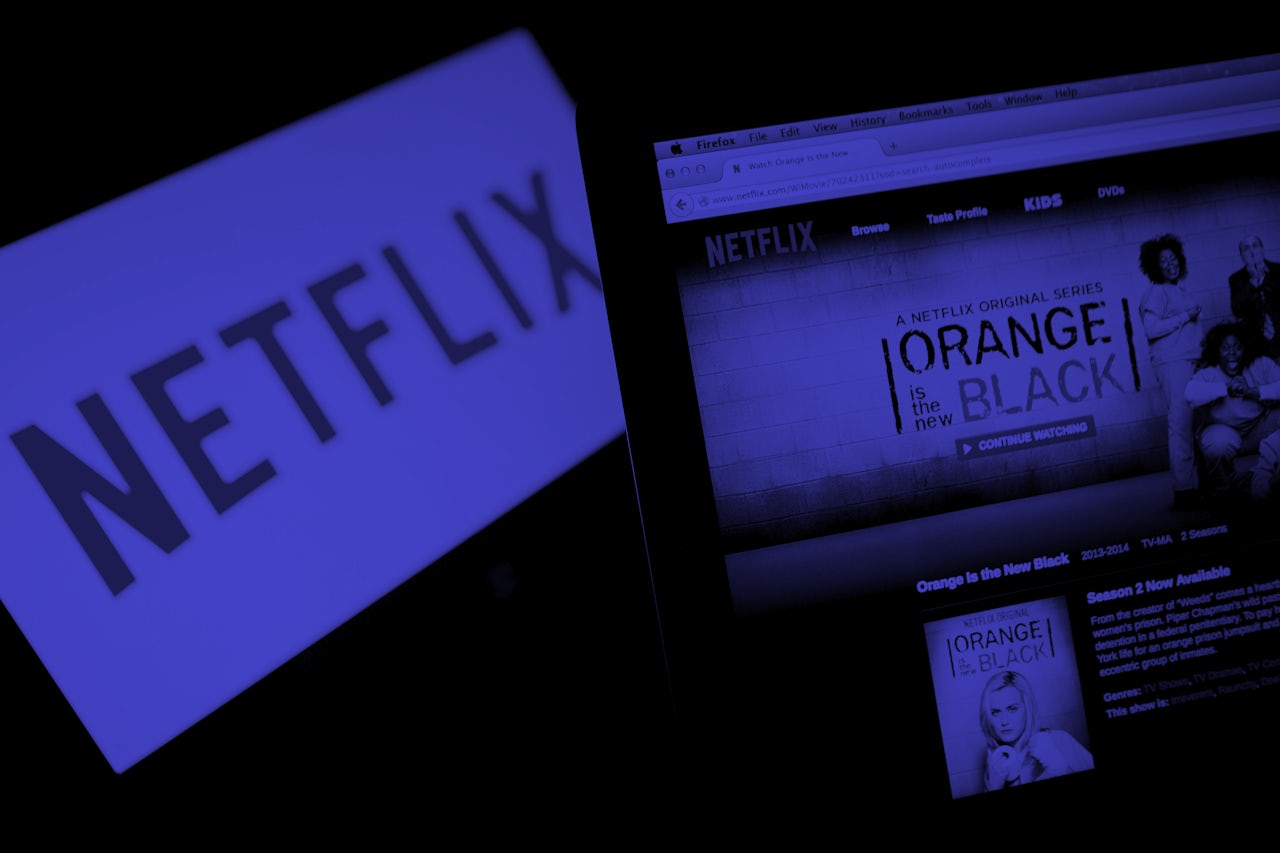South Park, the low-fi animated series about a group of prepubescent misfits in Colorado, begins its 21st season this week. For as long as it has been on the air, the series has featured animated renditions of real-life celebrities, politicians, and athletes stirring up controversies that take cues from the real world. This season’s premiere is set to address white nationalism, a topic at the forefront of current popular discourse. But as the world around it changes, South Park’s perspective remains limited, becoming a case study in what happens when woke white dudes keep making art for other woke white dudes.
Even in its most well-meaning moments, South Park rarely strays from #alllivesmatter territory. Last season’s premiere, titled “Member Berries,” featured a police shooting, and ultimately took aim at white people making empty gestures of solidarity. A promo for the episode lampooned the protests made by former NFL quarterback Colin Kaepernick. The satire never cuts much deeper than vacant criticism about who is and isn’t actually woke. The show’s only black character, Token, is often used as a vehicle to tackle race, but much like Lena Dunham’s overt attempt at diversity on Girls, the South Park writers figured they were doing something subversive by making him the richest kid in town. The show shies away from skewering systemic racism the way it skewers social justice culture, or presenting issues of race in a way that regards the black experience as a unique and valid perspective. In a 2007 episode called “With Apologies to Jesse Jackson,” the resolution of the story, in which white people start saying the N word, comes when Stan simply tells Token that he'll never understand why the word is so offensive because he isn’t black. “I've been trying to say that I understand how you feel, but I'll never understand. I'll never really get how it feels for a black person to hear somebody use the N word,” Stan says. “Now you get it,” Token says. It’s a sorry attempt to make a point about race that ends in a cop-out.
The 20th season of the show, which aired last year, revolved around a familiar election story: Mr. Garrison, a Trump-like candidate who went by the name Giant Douche, and Hillary Clinton, billed Turd Sandwich, were the two presidential candidates. Mr. Garrison relied on hypnotized voters eating a strange fruit called member berries, which made them eerily nostalgic for the past when things like sexism and racism were acceptable. The Clinton character was presented as the level-headed alternative to Mr. Garrison’s crass persona. In another era, pointing out the nostalgic racism of Trump voters may have been seen as subversive, but it doesn't change the fact that depicting America’s deep-seated racism as an affliction isolated to a segment of the population remains a comforting idea that absolves white liberals of real responsibility.
The show’s hackneyed treatment of race makes sense considering South Park has never been terribly successful at addressing anything outside its very tiny universe. An upcoming video game based on the series attempts to present a woke understanding of the issue by making it harder to play as the black character, mimicking with some very odd logic, the conditions of real life. The move was inspired by a blog post by the science fiction writer John Scalzi, whose 2012 post “Straight White Male: The Lowest Difficulty Setting There Is” compared white privilege to video games. Well-intended as it may be, the joke ostensibly lampoons white nerds but ends up also isolating black video game players who are typically faced with no options for characters that look like them.
We talked about South Park on our daily podcast, The Outline World Dispatch. Subscribe on Apple Podcasts or wherever you listen.
South Park receives the most praise when satirizing the national mood. The 2007 episode “Imaginationland,” a three-part story that served as an allegory for the War on Terror, won an Emmy for its efforts. “Imaginationland” suggested that the looming threat of terror that was consuming the country and subsequently plunged us into a needless war was based on imaginary fears. Looking back, however, the episode feels more like a missed opportunity. The War on Terror was certainly about America’s fear of more terror attacks after 9/11, but it also had plenty to do with Islamophobia. South Park's assessment that America was gripped by its own imagination, and not deeply held xenophobia, falls flat when considering the rise of Trump, whose rhetoric around Islam has been venomous. “Imaginationland” illustrates the limitations of the the show’s often bland perspective.
The satire never cuts much deeper than vacant criticism about who is and isn’t actually woke.
Gone are the days when bloviating white male columnists could declare simple answers to complex issues without pushback, and South Park’s all-knowing crassness and moralistic tone today seems as outdated as the New York Times opinion section. Animated series like Rick and Morty and Bojack Horseman tackle many of the same issues as South Park, and with a refreshing helping of nuance. For 21 seasons, Trey Parker and Matt Stone have given fake woke white people a sense of self-satisfaction, reassuring them that they rise above the myopia that grips the residents of South Park; that they are subverting the establishment, rather than perpetuating it. Much like a joke South Park made about residents of San Francisco: They smugly inhaled their own farts.

